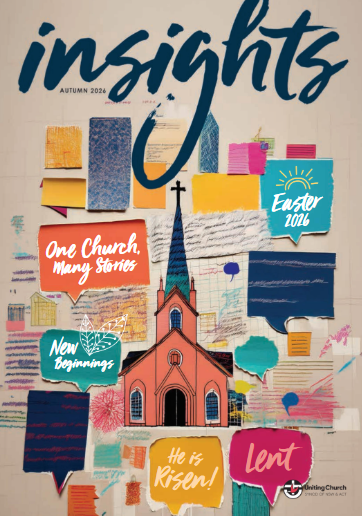Review: The Pitt
The Pitt stands out not only for its structure and storytelling but for its clear empathy toward the emotional and physical demands placed on health care workers. Set in a high-pressure emergency department, each episode captures a single hour of one long, unrelenting day. The series began at 7:00 a.m., and by episode eight — which covers 2:00 to 3:00 p.m. — it’s already evident how exhausted and stretched the ER staff have become. The hour-by-hour format underlines the pace and pressure of hospital life, where moments of quiet are rare and never guaranteed.
At the centre is Dr. Robby (Noah Wyle), a senior attending physician guiding a group of new trainees through an environment that rarely gives anyone the time to pause, let alone process. He navigates not just medical emergencies but personal ones — like the woman who invents symptoms to seek protection from her potentially violent son. These aren’t just stories of physical trauma; they reflect how the ER often becomes the last stop for people who have nowhere else to turn. That burden, unfairly but unavoidably, falls on those in scrubs.
The new cohort of doctors arrives into this reality quickly. Dr. Melissa King (Taylor Dearden), Trinity Santos (Isa Briones), Dennis Whitaker (Gerran Howell), and Victoria Javadi (Shabana Azeez) each bring their own weight — whether it’s past experience, fear of not measuring up, or in Javadi’s case, the expectation that comes from being the daughter of a renowned physician. Watching them absorb the ER’s pressures alongside more experienced staff like Heather Collins (Tracy Ifeachor), Cassie McKay (Fiona Dourif), and nurse Dana Evans (Katherine LaNasa), it becomes clear how much emotional resilience is needed simply to get through the day.
The show doesn’t shy away from the reality that medical professionals often work in impossible conditions — not enough rooms, not enough staff, too many crises that don’t fall neatly into anyone’s job description. That sense of accumulation — of duties, stress, and moral weight — builds over the course of each hour. The writing lingers on these accumulated tensions, as much as it does on medical diagnoses or procedures. When a brain death results from an overdose, or when two siblings wait for their father to die, the doctors are asked to help in ways that go well beyond clinical expertise. They’re witnesses and guides in moments of deep personal loss, often while barely catching their breath.
The ER staff in The Pitt are consistently placed in positions where they carry others’ pain — and often without clear resolution or recognition. This mirrors the spiritual calling of many people of faith who believe in selfless service, or in “carrying one another’s burdens” (Galatians 6:2). The show doesn’t dramatize heroism; instead, it shows the quiet perseverance of those who keep showing up — an echo of steadfast faith in action.
There are flashes of levity — often courtesy of Dennis Whitaker, who seems to find himself covered in everything but praise — but the overall tone recognizes that humour, too, is part of survival in this space. And there’s a quiet, earned satisfaction in watching characters like Dr. King connect with patients by listening as much as treating.
The ER becomes, for many, a last refuge when all other options have failed. This echoes the spiritual idea of the church or faith community as a sanctuary — a place people turn to when they have nowhere else. In some storylines, patients arrive not just because of illness, but because of fear, abuse, or despair. The show invites viewers to consider how systems often fail people — and how, within the brokenness, individuals still manage to offer grace, even in exhaustion.
Throughout The Pitt, death is a presence — sometimes sudden, sometimes slow — and the responses to it are varied: resignation, grief, relief, anger. The show’s restraint in these moments leaves space for viewers to consider the deeper questions: What does it mean to live well? Who decides when life ends? What remains after someone is gone? These are questions often rooted in spiritual reflection, and the show handles them with a kind of reverent stillness that invites contemplation.
Without preaching or imposing theology, The Pitt reflects values that align with a faith-informed view of humanity: compassion in crisis, dignity in service, and meaning in the midst of suffering. It offers a portrait of people doing sacred work — not in a sanctuary, but in the fluorescent-lit chaos of a hospital hallway.
The Pitt doesn’t try to reinvent the medical drama, but it feels grounded in a real understanding of the human cost of care. It doesn’t glorify the chaos or paint heroics in broad strokes. Instead, it pays close attention to what the work demands: long hours, difficult choices, emotional restraint, and often, no clear reward. In doing so, it honours the people who show up anyway — not perfectly, not effortlessly, but with a willingness to keep going.
All episodes of The Pitt are available with a Max subscription.






